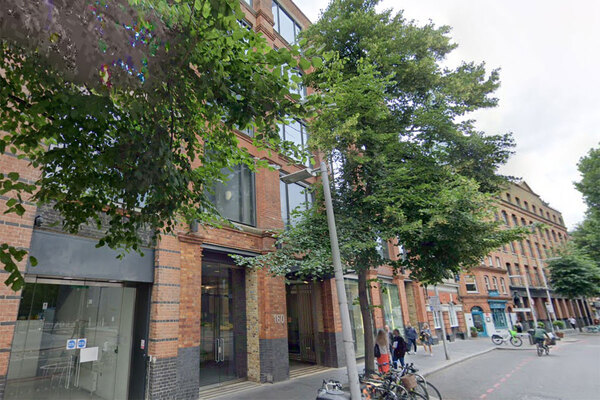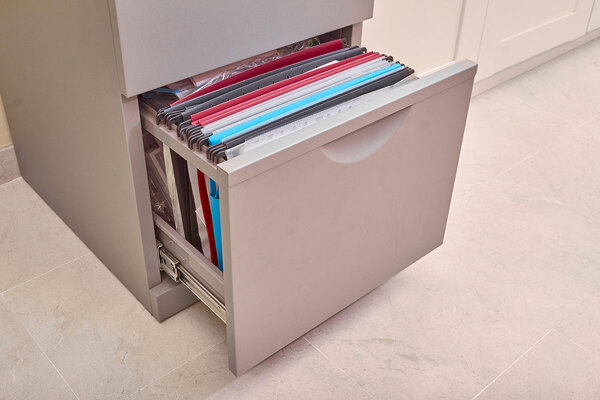You are viewing 1 of your 1 free articles
Half of investment fund’s stock leased to associations under regulatory scrutiny
Half the homes owned by the real estate investment trust Civitas are leased to housing associations that are either non-compliant or under regulatory investigation, Inside Housing analysis has shown.
As of December, the fund owned 535 homes – with an overwhelming majority of supported or sheltered housing for vulnerable tenants – which are leased to a variety of small housing associations.
These associations collect rents from the tenants and pay the fund an inflation-linked return.
This model has been under increasing scrutiny from the Regulator of Social Housing, which has downgraded four and placed two under review since February.
At its last public update in December, a total of 270 homes leased by Civitas were to these organisations.
The fund responded by saying all of the 15 housing associations it works with have “an excellent track record”.
The latest housing association to receive a downgrade was Inclusion Housing which was declared non-compliant last week.
Despite this, Civitas leased more homes to the organisation on Monday.
The deal also involved leasing homes to Encircle, a housing association currently under investigation, and Auckland Home Solutions, which has had no engagement from the regulator.
Civitas has leased 201 homes to Inclusion, Trinity and Westmoreland, which have been declared non-compliant. A further 69 are leased to Encircle and Bespoke Supportive Tenancies, which are on the regulator’s ‘grading under review’ list – meaning they are being investigated.
A number of other investment funds have leased homes to all of these associations. For example, Triple Point owns 60 homes that are leased to Inclusion, representing about 21% of the company’s property portfolio, measured by value.
However, it is not possible to quantify the extent of any other fund’s full exposure to the organisations as they do not publish as much detail about their investments as Civitas.
In a statement to Inside Housing, Civitas said it believed the homes it has leased to Inclusion are “attractive assets”.
A spokesperson added: “Housing associations in England and Wales have an excellent track record in meeting their commercial obligations, including within the specialist supporting housing sector.
“The 15 housing association partners that work with Civitas share that excellent track record in meeting their obligations under the leases to Civitas, paying rent and managing the properties.”
Civitas has also this week published research it commissioned from advisors Marten & Co. According to this research, the regulator’s action on Civitas’ counterparties “could serve to enhance the quality of [Civitas’] earnings”.
It added: “[Civitas] and the regulator actually share the same ambition to raise standards within the sector. The advisors have been working with their registered providers to improve record keeping, bring experienced and knowledgeable non-executive directors onto boards and improve standards of disclosure.”
The regulator’s investigation was started when First Priority, which leased homes from a variety of funds, almost became insolvent thanks to lease deals it had signed for which the payments were too high.












